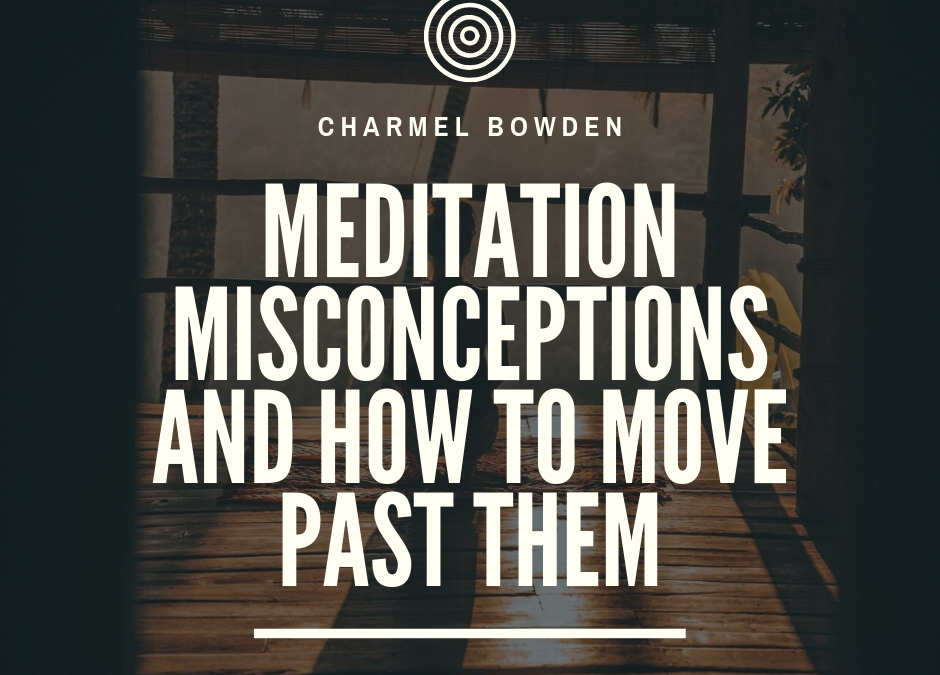Meditation has been around for hundreds of years and is used for a variety of different reasons. While it may be an older practice, there are still a lot of misconceptions that people tend to have. Here are a few of the most common misconceptions that come with meditation.
Misconception 1: One type of meditation
More often than not, people will think of meditation and the first thing that comes to mind is a vision of someone sitting quietly with their legs crossed. Only some forms of meditation tend to play out this way. Meditation comes in so many forms, from Tai Chi which involves meditative movement to something as simple as mindful dishwashing, which can involve paying attention to the feeling of the water and your hand movements. It’s important to remember that people meditate for different reasons, so find the best type of meditation that suits you.
Misconception 2: It’s about “quieting” the mind
A common misconception with meditation is that one must “quiet” or “empty” their mind in order to achieve a meditative state. While this can be true to an extent, it doesn’t mean the mind must literally go blank. By trying to empty your mind or stop your thoughts, you may actually end up being counterproductive as these methods can create more stress. Meditation usually involves building on the ability to observe ones’ emotions and thoughts while being able to notice and pause rather than react. This can help develop a wider more compassionate perspective.
Misconception 3: Meditation is difficult
One of the most prevalent meditation misconceptions is that meditation is difficult. This may be rooted in the idea that mediation is an esoteric act which only saints and holy men would partake in. It may also seem difficult because people may try too hard to concentrate, or they may be too attached to results. In reality, meditation can be as simple as going someplace quiet and just sitting there to enjoy some solitude. If you want more tools to increase your meditative state, there are plenty of techniques that can be taught to you by an experienced teacher as well. A teacher can also help you get past roadblocks you may have, and help you create a more wholesome meditative routine.
With meditation being around as long as it has, it’s no wonder there are so many misconceptions about the practice. Don’t let these myths get in the way of achieving the peace of mind you’re looking for. If you’re not sure of something or you want to learn more about meditation, there are countless ways of doing so. Do the research, and don’t be afraid to ask questions so you can make sure you’re getting the most out of your meditative practices.

